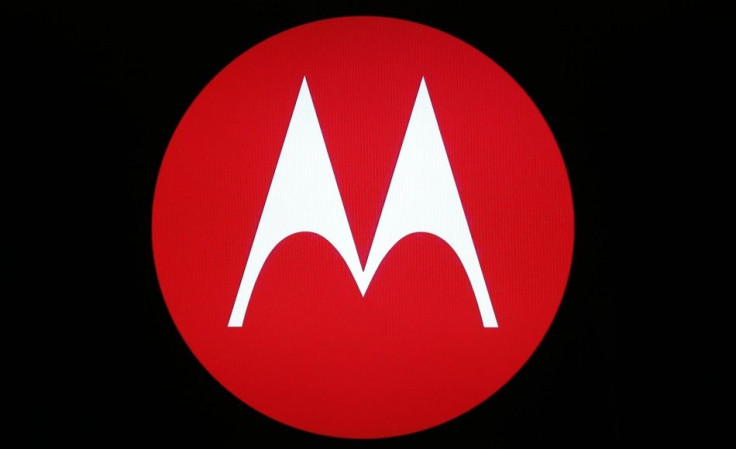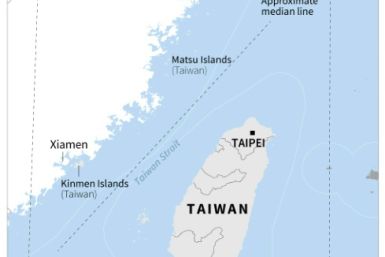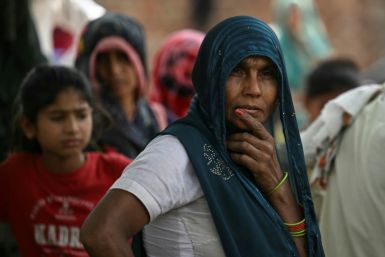Lenovo: World’s 3rd Largest Smartphone Maker After Full Acquisition Of Motorola Mobility

The completion was announced last Thursday. Officially adding the Motorola brand under its sleeve, Lenovo is now ranked as "the world's third largest maker of smartphones." Following Apple and Samsung's lead and pushing away Xiaomi, another Chinese company to fourth place.
The plan of takeover was revealed in January of this year. Google has originally purchased Motorola Mobility at a whopping $12.5 billion but Lenovo has bought the unit for $2.91 billion, definitely a good deal on the latter's part. Google said it would keep the majority of the patents when they acquired Motorola Mobility. However, Lenovo has the option to license the patents, ZDNet reports.
The acquisition price of $2.91 billion according to reports was a close approximate. It includes $660 million in cash and 519,107,215 shares of Lenovo stock (has an aggregate value of $750 million). The remaining $1.5 billion will be paid in a form of a three year promissory note.
Legally, the acquisition was duly approved by authorities in several countries namely: the U.S., China, Europe, Brazil and Mexico, together with the Committee on Foreign Investment in the United States (CFIUS).
With this completion, Lenovo has full jurisdiction over Motorola Mobility's smartphones like the Moto X, Moto G and the DROIDTM series. The company also has control over 2000 patents and a few patent cross-license agreements.
But with the recent acquisition, the question of overlap comes to place. Lenovo reported a total of 100 million mobile devices are scheduled to ship from its existing lines plus that of Motorola's.
Motorola's "budget" Moto G models made its mark and was considered the best selling phone in Moto's business history. The company also joined the wearable bandwagon with its Moto 360 smartwatch.
According to BBC's interview with Aymar de Lencquesaing, Lenovo's president of Europe, Middle East and Africa, they are planning to penetrate China with the introduction of Motorola branded products.
It is a known fact that Lenovo and Motorola do compete in India which shows a little overlap. Admittedly, Lencquesaing said that there will be product overlaps in some markets but he believes that in time Lenovo can benefit from a dual brand strategy.
Finally, Yang Yuanqing, chairman and CEO of Lenovo sees the partnership as a perfect fit and together they are ready to compete, grow and win in the global smartphone market.






